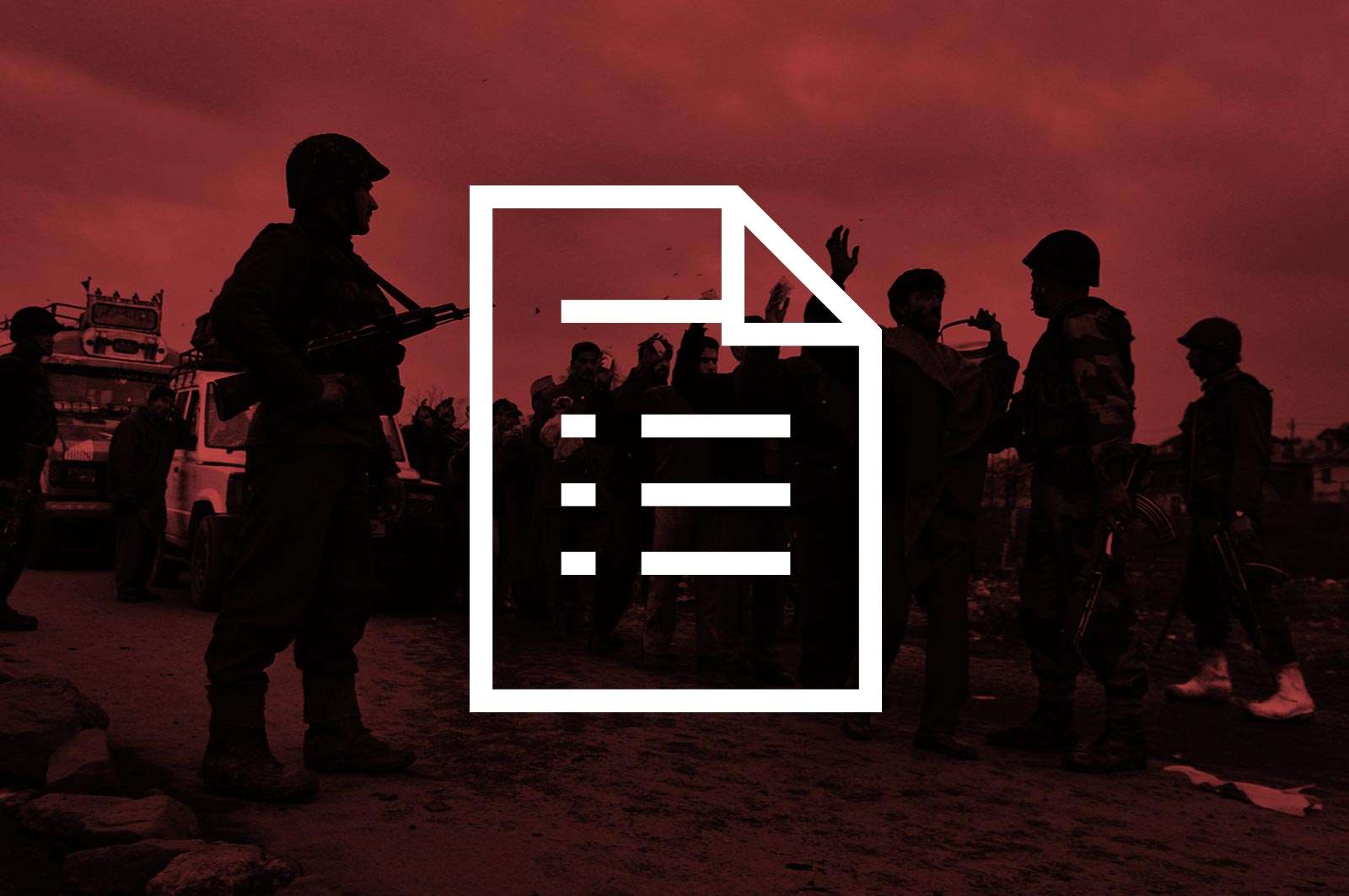Justice For All Statement on Torture and Extrajudicial Killings in Kashmir February 18, 2025 Justice…
Fact sheet: Kashmir dispute and the Current Siege
When Kashmir appears as an international issue, it does so as a “problem”–a “bilateral” and “territorial” dispute between India, Pakistan and China, three nuclear-armed powers. Such a perspective reduces Kashmir to a piece of land which can be bought or fought over, without considering the perspective and aspirations of millions of the region’s inhabitants. The Indian state has argued that Kashmir is a “bilateral” dispute to be solved through dialogue with Pakistan–a position that both excludes international mediation and the perspectives of Kashmiris themselves. Meanwhile, the Indian government uses the singular lens of terrorism–expansively defined as everything from armed conflict to stone pelting to civil disobedience–to conceal the reality of Indian occupation, erase more than 100 years of struggle for sovereignty led by the people of Kashmir, and delegitimize and depoliticize demands for political selfdetermination. Terrorism, as a discursive, analytical and policy lens, must be contextualized within broader conversations on settler-colonialism, Islamophobia, racism and majoritarian nationalism sweeping India and the world.




